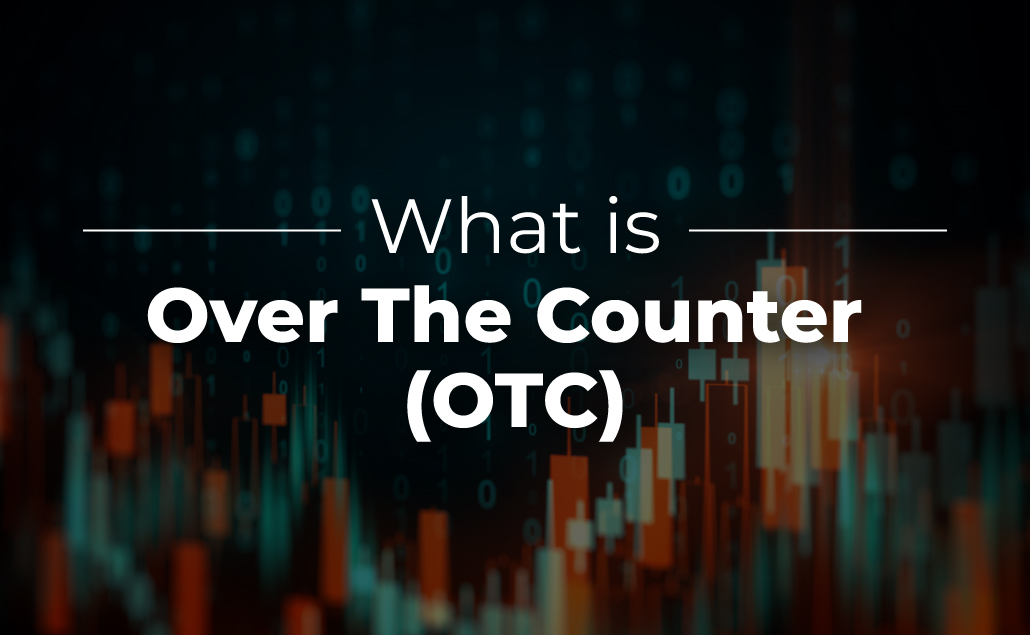Over-the-counter (OTC) refers to a decentralized market where trading of financial instruments, such as stocks and forex, takes place directly between parties without the involvement of any centralized exchange. OTC markets play a crucial role in diversifying investment options and providing liquidity to the financial market. Unlike traditional exchanges, they are conducted through dealer networks and electronic communication networks, which allows for greater flexibility and accessibility, as trades can be executed outside of regular exchange hours. The market participants include banks, financial institutions, corporations, and individual traders. Volume and price information are not publicly available, unlike exchanges.
OTC trading provides an avenue for investors to buy and sell securities that may not be listed on an exchange. It also offers the opportunity for trading in certain derivatives and commodities. However, despite its many advantages, it also comes with certain risks. One downside is the lack of transparency compared to centralized exchanges, which is caused by not having the same level of regulation and oversight as traditional exchanges, leading to an increase in the risk of fraud or manipulation. They lack transparency compared to centralized exchanges and can be less liquid, potentially resulting in wider bid-ask spreads and higher transaction costs. Additionally, the counter is higher as there is no centralized clearinghouse.
How do OTC markets work?
OTC market operates based on bilateral agreements, meaning that each trade is negotiated directly between the buyer and seller. Market makers, who are typically large financial institutions, act as intermediaries by providing liquidity and offering bid and ask prices for various financial instruments. Additionally, OTC markets rely on information-sharing platforms and regulatory oversight to ensure transparency and fairness in trading activities. OTC trading also allows for greater flexibility in terms of trade size, as participants can negotiate and customize their contracts to meet their specific needs.
Related Topics | Keep learning more with Eurotrader
Check out our resources below for more information on the advantages and disadvantages of OTC markets and much more on the basics of trading!
What are Over-the-counter OTC products?
Over-the-counter (OTC) products include derivatives such as swaps, options, forward contracts, and commodities that are not listed on traditional exchanges. as well as structured products like asset-backed securities and mortgage-backed securities. OTC derivatives, such as swaps, options, and forward contracts, are commonly traded directly between two parties. OTC products offer flexibility and customization options, allowing investors to tailor their investments to specific needs and market conditions. Despite their associated risks, OTC products play a significant role in the financial markets and provide a wide range of options for investors and institutions to manage their financial exposure and achieve their investment objectives.
Disclaimer
Eurotrader doesn’t represent that the material provided here is accurate, current, or complete, and therefore shouldn’t be relied upon as such. The information provided here, whether from a third party or not, isn’t to be considered as a recommendation; or an offer to buy or sell; or the solicitation of an offer to buy or sell any security, financial product, or instrument; or to participate in any particular trading strategy. We advise any readers of this content to seek their advice


